 When to Call a Professional for a Plumbing Emergency
When to Call a Professional for a Plumbing Emergency
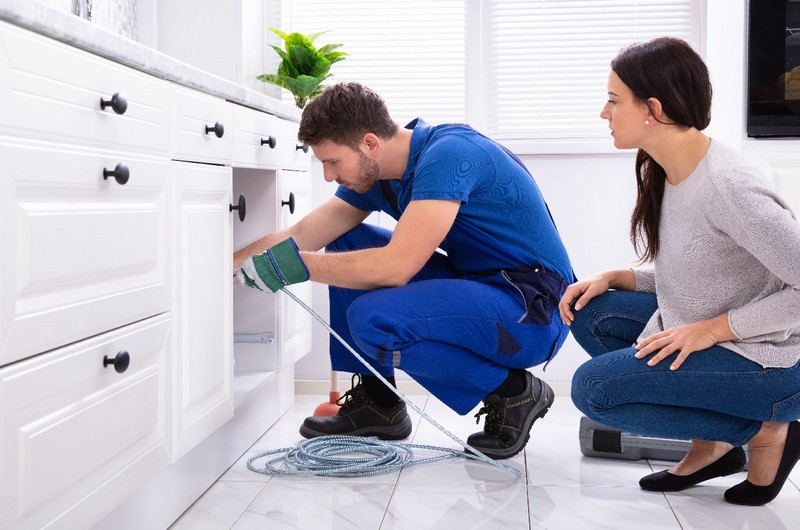
Recognising the Signs of a Plumbing Catastrophe
When water leaks are left unaddressed, they can swiftly escalate into emergencies. The progression from a minor drip to a major issue often goes unnoticed until telltale signs such as water stains on ceilings or walls, or a sudden increase in water bills, become apparent. In severe cases, leaks can lead to structural damage, necessitating immediate professional intervention.
Indicators of a Failing Water Heater
A water heater nearing failure may exhibit several warning signs. You might notice fluctuations in water temperature, discoloured water, or an unusual rumbling noise from the tank. The presence of water pooling around the heater is a clear signal that professional assistance is required to avert potential flooding or further damage.
Toilet Malfunctions: From Nuisance to Emergency
A toilet malfunction escalates to an emergency when it overflows, potentially causing water damage and hygiene issues. If plunging doesn’t resolve the issue, or if there are signs of sewage backup, it’s time to call a professional. An overflowing toilet can also indicate more serious systemic issues, such as a clog in the main sewer line.
Silent Plumbing Issues Signalling Emergency
Mould growth or a sagging ceiling are often silent harbingers of a plumbing emergency. These signs suggest an ongoing leak within the structure, which can weaken building materials and pose a risk of collapse if not promptly addressed. The presence of mould also raises health concerns, especially for individuals with respiratory issues, and requires immediate remediation by professionals.
Immediate Measures to Mitigate Plumbing Disasters
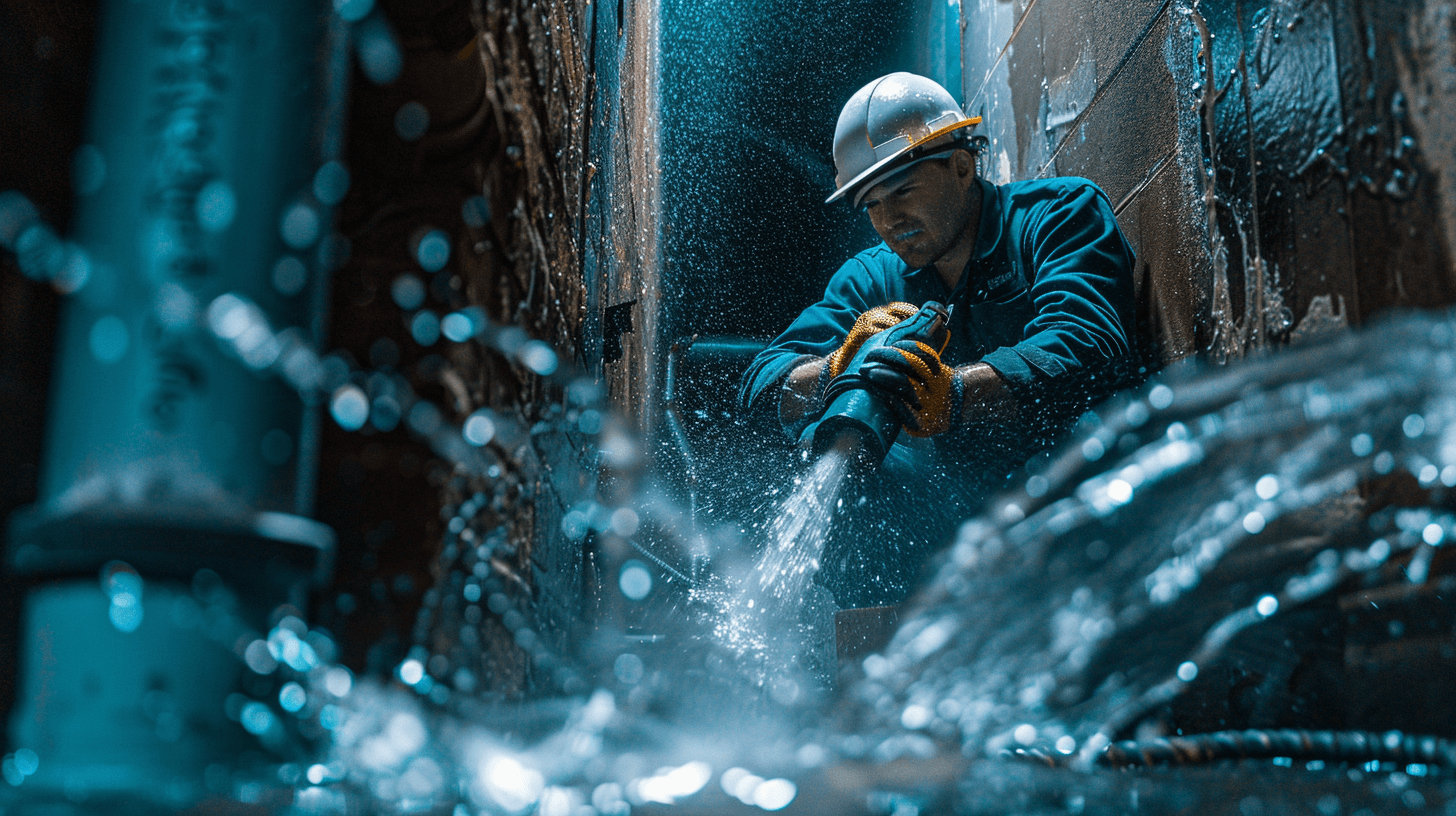
In the event of a burst pipe, your immediate action should be to shut off the main water supply to prevent further inundation. Locate the main shutoff valve and turn it clockwise to close it. If water has reached electrical outlets or appliances, switch off the power at the circuit breaker to avoid electrical hazards.
Addressing an Overflowing Toilet
Should your toilet begin to overflow, promptly close the toilet’s flapper valve inside the tank to stop water flow. If the overflow is due to a blockage, attempt to use a plunger to clear the obstruction. Avoid chemical drain cleaners as they may exacerbate the situation.
Safety Precautions for Gas Leaks and Sewage Concerns
In the presence of a gas leak, evidenced by a sulfuric smell or hissing sound, vacate the area immediately and contact emergency services. For sewage backups, minimise contact with any wastewater due to potential health hazards and call a professional plumber with the expertise to safely resolve the issue.
The Role of Water Supply Shutdown
Shutting off the water supply is a critical step in controlling the extent of damage during plumbing emergencies. It halts the flow of water, providing a temporary solution while you await professional assistance. This action can significantly reduce the severity of water damage to your property.
Evaluating the Severity of Your Plumbing Situation

Distinguishing Between Minor Issues and Emergencies
A manageable plumbing issue typically allows time for a scheduled repair, such as a dripping faucet. In contrast, emergencies, such as burst pipes or sewage backup, demand immediate professional intervention due to the potential for extensive property damage and health risks.
Progression of Drainage Problems to Emergencies
Slow drainage may signal a blockage that, if left unaddressed, can lead to a complete stoppage or burst pipes. Regular monitoring of drainage speed can prevent such emergencies.
Water Pressure Issues as Indicators of Emergencies
Low water pressure might indicate a leak within the system. If accompanied by damp patches or a notable decrease in water flow, it is advisable to consult a professional to assess for hidden leaks or pipe damage.
Responding to Silent Plumbing Risks
Mould growth or a sagging ceiling often implies a prolonged water leak. These silent plumbing risks should prompt an emergency call to prevent structural damage and mitigate health hazards associated with mould exposure.
The Crucial Role of Professional Expertise in Plumbing Emergencies
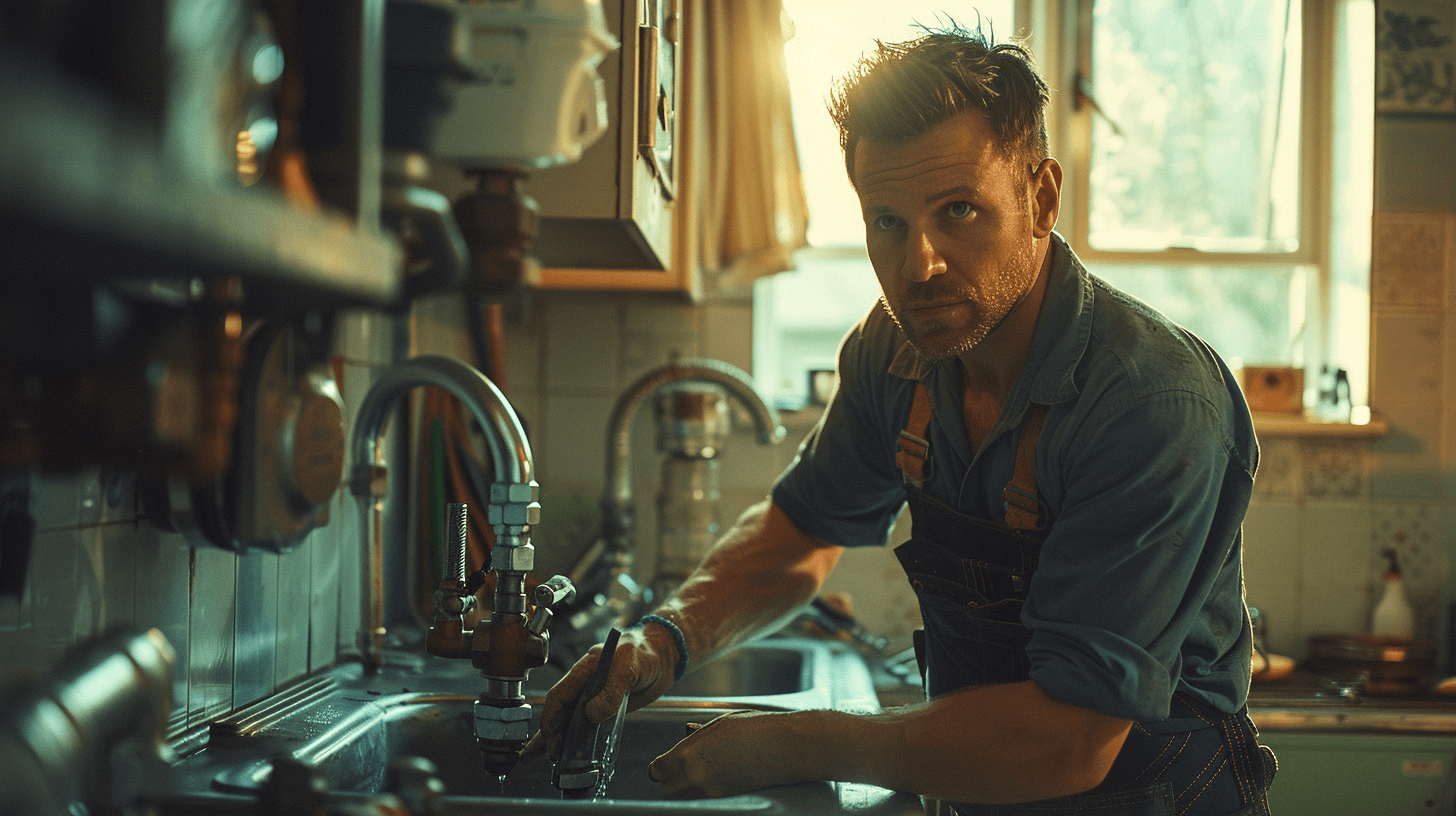
Necessity of Licensure and Reputation
When facing a plumbing emergency, selecting a plumber with the proper licensure and a solid reputation is imperative. Licensure ensures that the professional has met industry standards and possesses the technical skills required for complex emergency repairs. A reputable plumber, often validated by positive reviews and word-of-mouth, indicates reliability and a history of satisfactory service, which is crucial in urgent situations.
Preventive Power of Professional Assessments
Regular check-ups by a qualified plumber can preempt emergencies. These assessments involve a thorough examination of your plumbing system to identify and rectify potential issues before they escalate. Professionals leverage their expertise to detect subtle signs of wear, corrosion, or blockages, ensuring the longevity and reliability of your plumbing infrastructure.
Expertise Required for High-Risk Emergencies
Sewage backup presents significant health risks and requires immediate attention from a plumber with specialised knowledge in waste management systems. The expertise required for such high-risk emergencies includes understanding the complexities of sewage lines, potential contamination issues, and the appropriate remediation measures to protect your health and property.
Prioritising Experienced Plumbers in Emergencies
In emergency situations, the experience of the plumber is paramount. Experienced plumbers bring a wealth of knowledge from past incidents, enabling them to quickly diagnose issues and implement effective solutions. Their familiarity with a wide range of plumbing problems ensures that they can handle unexpected challenges that may arise during emergency repairs.
Assessing the Financial Impact of Plumbing Emergencies on Businesses

Plumbing emergencies can have a significant financial impact on businesses, potentially disrupting operations and incurring substantial repair costs. It is crucial for business owners to consider the direct and indirect cost factors associated with such emergencies.
Cost Factors in Plumbing Emergencies
When facing a plumbing emergency, several cost factors come into play:
- Immediate Repair Costs: These include the fees for emergency service calls, labour, and parts. Emergency services often carry a premium due to the urgency and after-hours work.
- Water Damage Restoration: Depending on the severity, water damage can affect flooring, walls, and inventory, leading to restoration or replacement costs.
- Business Interruption: For businesses, downtime can mean lost revenue. It’s essential to factor in the potential loss of income during the repair period.
- Long-Term Damage: Neglected issues can lead to more severe problems, such as structural damage, which may be costlier to address in the long run.
Role of Insurance in Emergency Plumbing Situations
Insurance policies for unforeseen plumbing emergencies can provide coverage for repair costs and damages. Business owners should review their policies to understand the extent of coverage and any deductibles that apply.
Importance of Pricing Strategies and Multiple Quotes
Gathering multiple quotes allows business owners to compare pricing and services, ensuring they receive fair market value. Understanding pricing strategies, including what is included in a quote and potential additional costs, can prevent unexpected expenses and aid in financial planning.
Preventive Strategies to Avert Plumbing Catastrophes
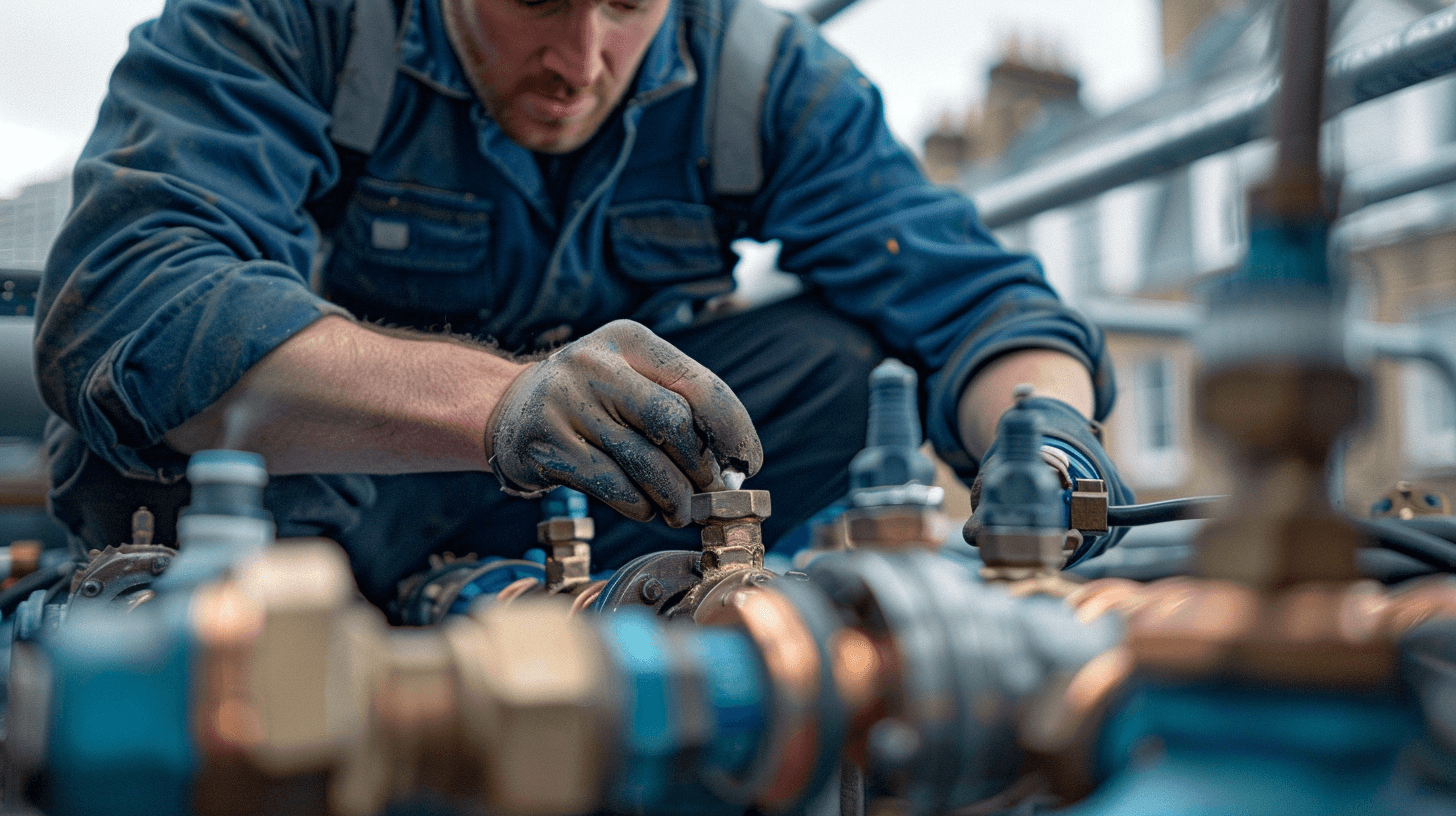
Enhancing System Longevity Through Regular Maintenance
Regular maintenance is the cornerstone of ensuring the longevity of plumbing systems. By scheduling routine inspections and cleanings, property owners can maintain optimal system performance and prevent the degradation that leads to emergencies.
The Critical Role of Professional Check-Ups
Professional check-ups are instrumental in early problem detection. Plumbers utilise specialised tools and expertise to identify issues that may not be visible to the untrained eye, such as minor leaks or early signs of pipe corrosion, allowing for timely interventions.
Implementing Prevention Tactics
To avoid emergency calls, property owners should:
- Familiarise Themselves with Their Plumbing System: Understanding the layout and components can help in identifying potential issues.
- Monitor Water Pressure: Sudden changes can indicate underlying problems.
- Avoid Chemical Drain Cleaners: These can damage pipes over time, leading to leaks or blockages.
- Be Cautious of What Goes Down the Drain: To prevent clogs, avoid disposing of grease, coffee grounds, and non-flushable items in sinks and toilets.
Cost-Saving Benefits of Proactive Maintenance
Proactive plumbing maintenance can lead to significant cost savings by:
- Preventing Major Repairs: Addressing small issues early can prevent costly emergencies.
- Reducing Water Bills: Fixing leaks promptly avoids wasted water.
- Extending Equipment Life: Regular servicing can prolong the lifespan of water heaters and other appliances, delaying replacement expenses.
Navigating Zoning Laws and Permits for Emergency Plumbing Repairs

When urgent plumbing repairs are needed, understanding and adhering to local zoning laws and obtaining the necessary permits is crucial. These regulations are designed to ensure that any work performed is up to code and does not negatively impact the surrounding area.
Ensuring Compliance with Health and Safety Regulations
Professional plumbers are responsible for maintaining compliance with health and safety regulations. This includes:
- Conducting risk assessments to identify potential hazards.
- Utilising appropriate personal protective equipment (PPE).
- Following protocols to prevent accidents and injuries.
Importance of Insulated Tools in Emergency Services
The use of insulated tools is essential during emergency plumbing services, especially when working near water and electrical sources. These tools prevent electrical conduction, reducing the risk of electric shock to both the plumber and occupants.
Certifications for Handling Gas Safety and Water Supply Issues
Plumbers dealing with gas safety and water supply issues should possess the following certifications:
- Gas Safe Registration: For work involving gas lines, ensuring the plumber is legally permitted to handle gas appliances.
- Water Regulations Advisory Scheme (WRAS) Approval: Demonstrates that the plumber has knowledge of water fittings and systems, ensuring safe water supply and quality.
When DIY Turns Risky: Understanding Your Limitations
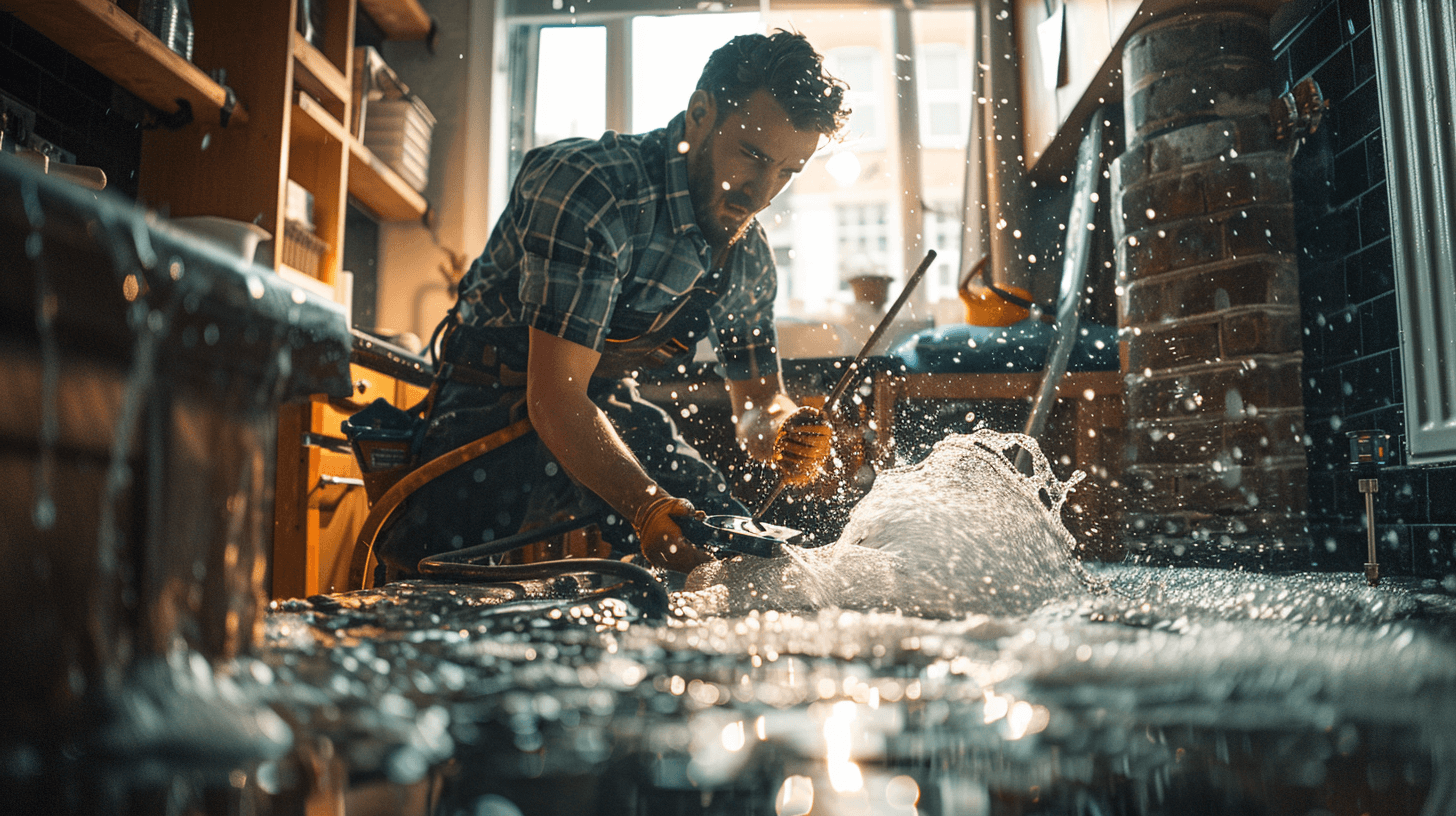
Complex Plumbing Issues Beyond DIY Scope
Certain plumbing emergencies require professional intervention due to their complexity and the potential for rapid escalation. These include:
- Sewage Backups: These pose serious health risks and often involve the main sewer line, which is beyond the scope of DIY repair.
- Gas Leaks: Any suspicion of a gas leak necessitates immediate professional attention due to the high risk of explosion or poisoning.
- Major Water Leaks: Large-scale leaks can lead to significant water damage and require specialised equipment to repair.
The Risks of Temporary DIY Fixes
Temporary DIY solutions may provide a short-term fix but can lead to more severe problems, such as:
- Aggravating the Initial Problem: Makeshift repairs might not withstand water pressure or usage, leading to a worse break or leak.
- Voiding Warranties: Unauthorised repairs can void warranties on plumbing fixtures or home insurance policies.
The Imperative for Professional Expertise
Professional plumbers possess the necessary training, experience, and tools to safely and effectively resolve plumbing emergencies. Their expertise is crucial for:
- Accurate Diagnosis: Professionals can identify the root cause of an issue, which is essential for a lasting repair.
- Safety: Plumbers follow safety protocols to protect themselves and your property from further damage.
Potential Damages from DIY Attempts
DIY attempts in emergency situations can result in:
- Further Property Damage: Incorrect repairs can lead to water damage, mould growth, and structural issues.
- Increased Costs: Failed DIY repairs often lead to more expensive professional interventions later on.
The Importance of Timely Response in Plumbing Emergencies
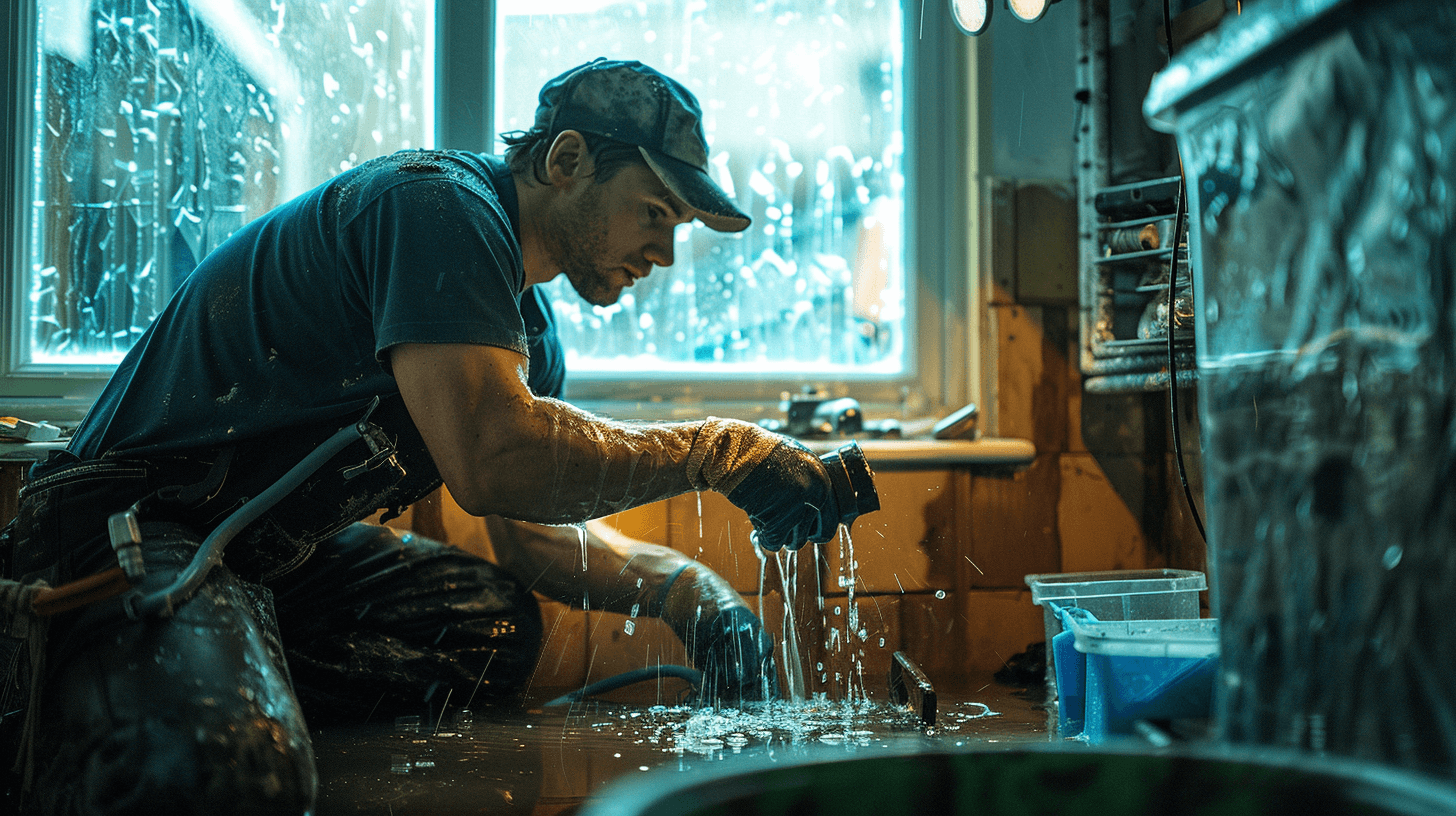
Preventing Escalation and Structural Damage
A swift response to plumbing emergencies is critical to prevent the situation from worsening. Quick action can halt the progression of water damage, which, if left unchecked, can compromise the structural integrity of your property. Immediate repair of burst pipes or leaks is essential to avoid costly and extensive damage to walls, floors, and foundations.
Mitigating Health Risks
In emergencies involving sewage or gas leaks, rapid intervention is necessary to protect your health. Exposure to sewage can lead to serious illnesses, and gas leaks pose a risk of explosion or carbon monoxide poisoning. A professional plumber can address these issues promptly, ensuring the safety and well-being of all occupants.
Consequences of Delayed Response
Ignoring or delaying the response to water heater malfunctions or sewage issues can result in a lack of hot water, potential flooding, and environmental contamination. These scenarios require urgent attention to restore functionality and prevent health hazards.
Ensuring Quick Professional Response
To ensure a quick and effective response, maintain a list of reputable emergency plumbers with verified credentials and a proven track record. Keep their contact information readily accessible and establish a clear understanding of their response times and availability. This preparation allows for immediate action when a plumbing emergency arises.
Criteria for Choosing an Emergency Plumbing Contractor
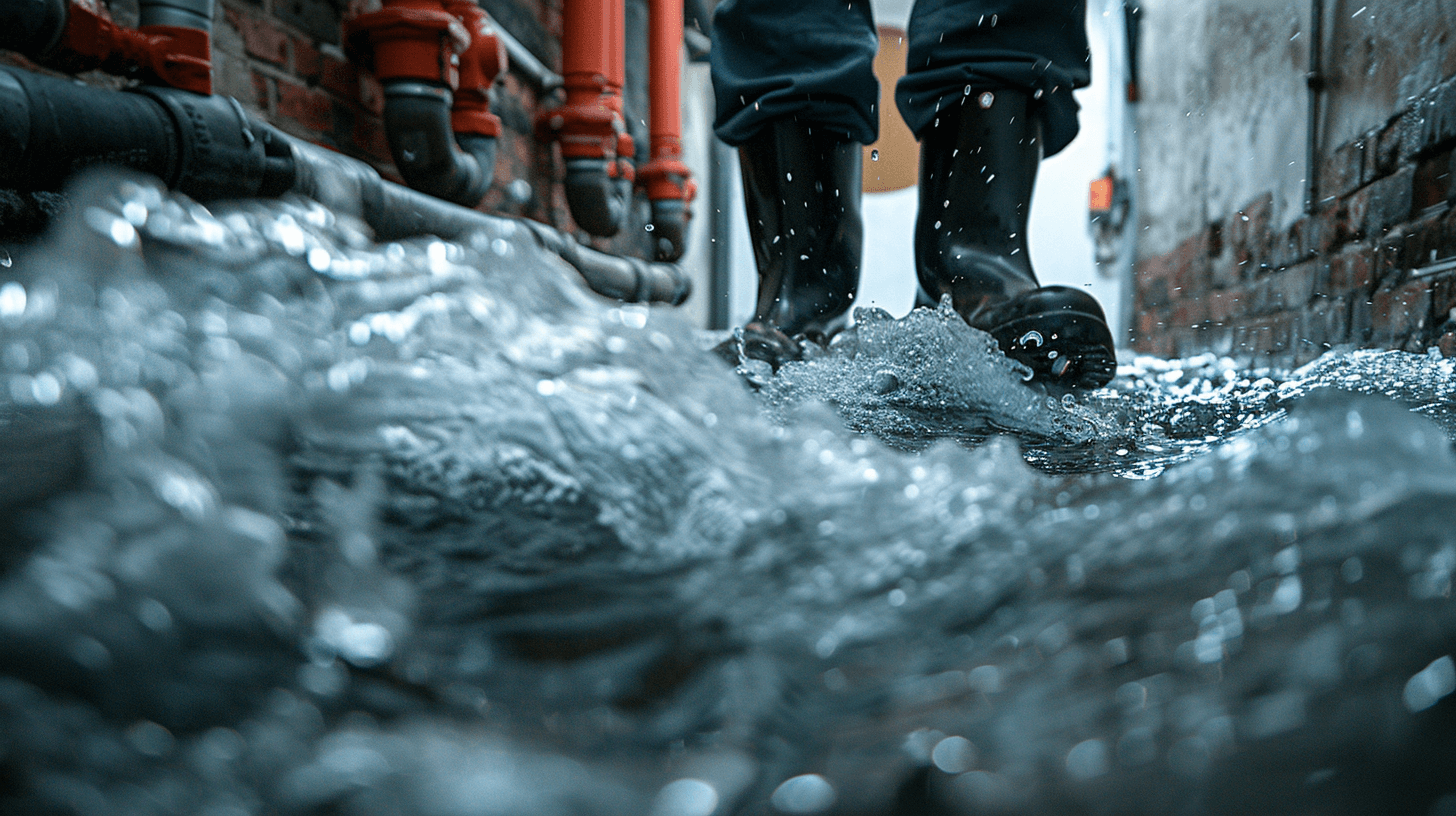
When the urgency of a plumbing emergency arises, selecting the right contractor is paramount. Consider the following attributes to ensure quality service:
- Licencing and Insurance: Verify that the contractor holds the necessary licences and is insured to protect against any potential damages incurred during repairs.
- Experience and Reputation: Look for contractors with a proven track record of handling emergency situations, supported by positive customer reviews and testimonials.
- Availability: Ensure the contractor offers a rapid response service for emergencies, indicating their readiness to address urgent issues.
The Relevance of Material Quality in Plumbing Repairs
While not directly related to plumbing, the analogy of composite fencing materials underscores the importance of quality. Just as durable fencing materials provide long-term value, high-quality plumbing materials ensure repairs last, preventing future emergencies.
The Significance of Contracts and Warranties
A written contract and warranty offer protection and clarity for both parties. They should detail:
- Scope of Work: Clearly defined tasks to be performed.
- Costs: Itemised pricing for services and materials.
- Timeline: Expected start and completion dates.
- Warranty: Terms covering the quality of workmanship and materials used.
Conducting Thorough Contractor Research
Prior to engagement, conduct research to confirm:
- Credentials: Check the contractor’s licencing status and professional affiliations.
- Past Work: Review previous projects to assess work quality.
- References: Speak with former clients to gauge satisfaction levels.
- Customer Service: Evaluate their communication and responsiveness, as these are indicative of their service quality.
Advancements in Plumbing Technology for Emergency Response
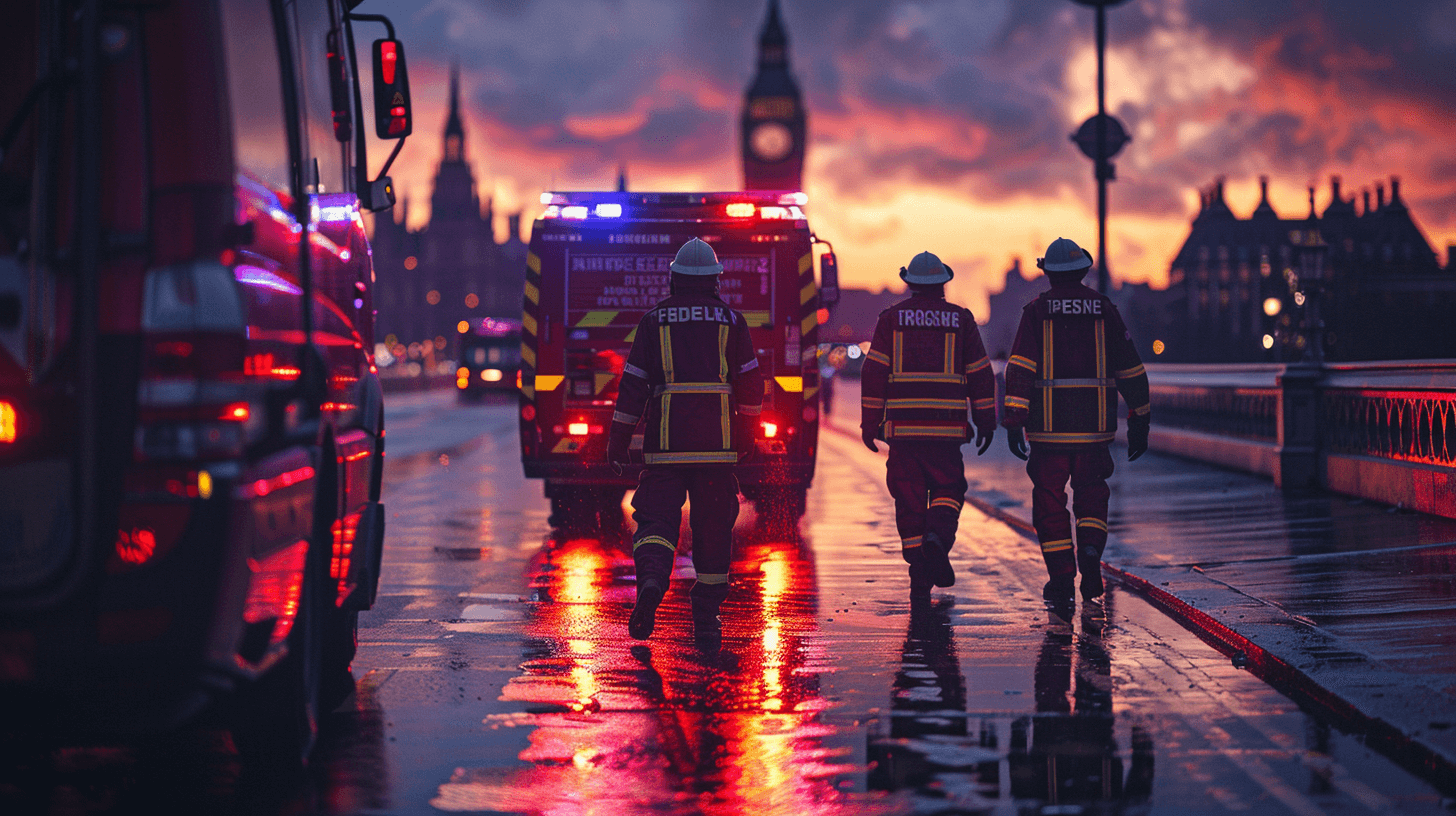
Technological advancements have significantly enhanced the efficiency and effectiveness of emergency plumbing services. Modern diagnostic tools, such as infrared thermometers and moisture metres, allow professionals to quickly locate leaks and assess water damage without invasive measures. High-resolution cameras can inspect pipes from within, identifying blockages and breaks with precision.
Modern Tools Used in Plumbing Emergencies
In emergency situations, plumbers now employ a suite of advanced tools:
- Pipe Freezing Kits: To isolate sections of piping without shutting off the entire system.
- Trenchless Repair Equipment: For repairing pipes underground with minimal excavation.
- Automatic Shutoff Valves: Installed in homes to automatically cut off water flow in case of a detected leak.
Technology’s Role in Detection and Prevention
Technology aids in the early detection and prevention of plumbing emergencies through:
- Smart Home Water Monitors: Devices that track water usage and detect irregularities signalling potential leaks.
- Leak Detection Systems: Sensors placed at potential leak points that alert homeowners to moisture presence.
Benefits of High-Quality Materials and Methods
Using high-quality materials and modern repair methods offers numerous benefits:
- Durability: Repairs last longer, reducing the likelihood of future emergencies.
- Efficiency: Modern methods are often faster, minimising the time your property is affected by repairs.
- Safety: High-quality materials and tools ensure repairs are completed safely, adhering to current standards.
Preparing for Plumbing Emergencies

Property and business owners can take proactive steps to ensure they are prepared for unexpected plumbing emergencies. Establishing a routine maintenance schedule with a trusted plumbing service is crucial. This relationship not only facilitates regular system check-ups but also ensures priority service in the event of an emergency.
Benefits of a Trusted Plumbing Service Relationship
Building a long-term partnership with a reputable plumbing service offers several advantages:
- Familiarity: Plumbers become familiar with your plumbing system’s specific needs and history.
- Priority Service: Long-standing customers often receive expedited service during emergencies.
- Trust: A history of reliable service builds trust, which is invaluable in urgent situations.
Impact of Plumbers’ Ongoing Professional Development
Plumbers who invest in ongoing professional development bring the latest industry knowledge and techniques to their work, directly benefiting property owners by:
- Enhanced Skills: Keeping up-to-date with the latest plumbing technologies and methods.
- Quality Service: Ensuring high standards of workmanship that adhere to current regulations.
Prioritising Safety in Maintenance Plans
Incorporating safety and preventive measures into plumbing maintenance plans is essential to mitigate the risks of emergencies. Regular inspections can identify potential hazards, and safety protocols ensure that any work performed is done so with the utmost care for the property and its occupants.
Reliable and Timely Emergency Plumbing Assistance
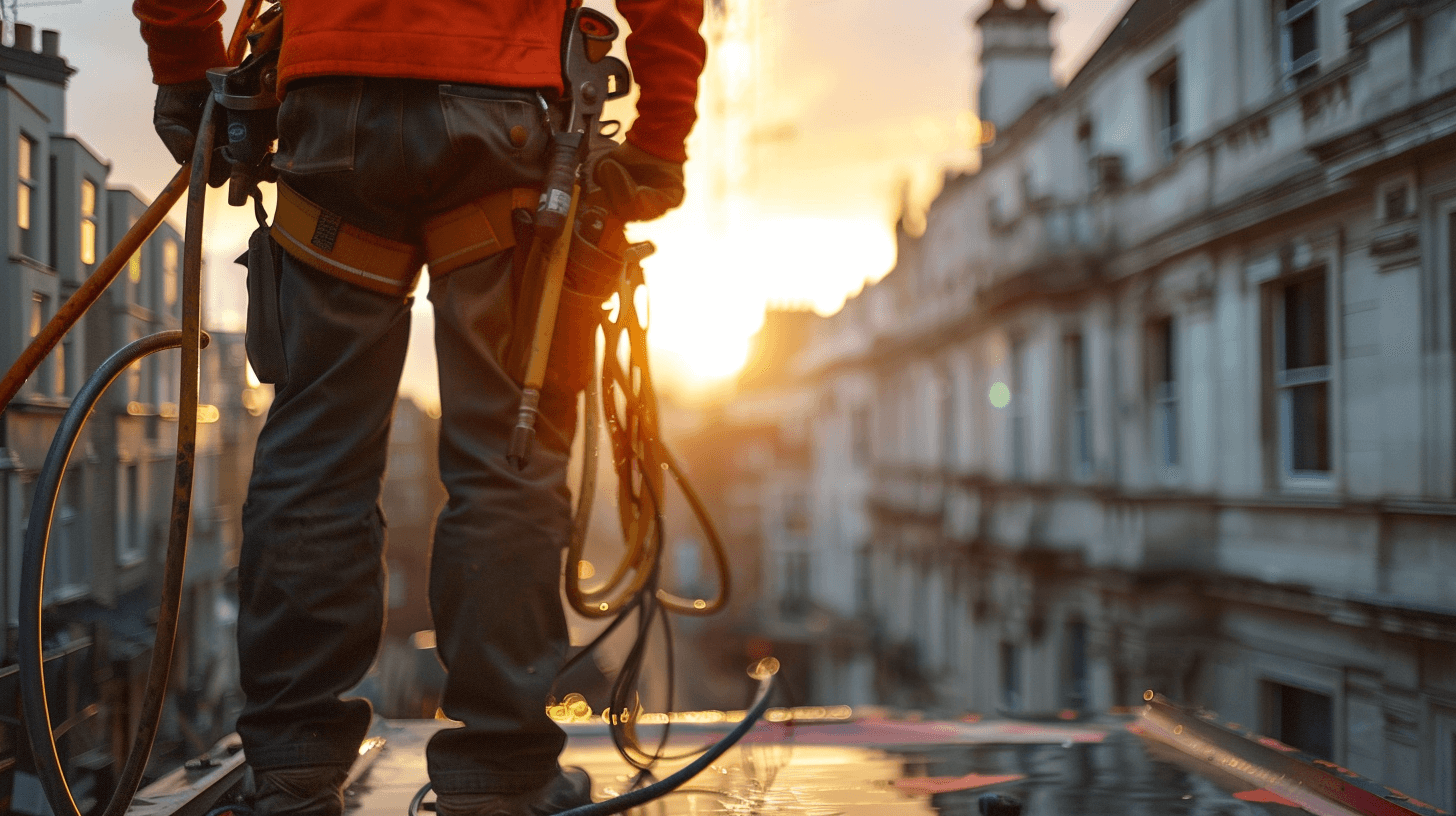
All Service 4U stands ready to provide immediate and reliable assistance for any plumbing emergency. With a dedicated team of certified professionals, All Service 4U ensures that help is just a call away, 24/7, for property and business owners in distress.
Trusted Partner in Plumbing Crises
All Service 4U has established itself as a trusted partner for those facing plumbing emergencies by:
- Offering a rapid response team for urgent plumbing issues.
- Providing clear communication and upfront service estimates.
- Maintaining a track record of successful interventions in a variety of emergency scenarios.
Adherence to Legal and Safety Standards
All Service 4U’s commitment to safety and compliance is unwavering, with strict adherence to:
- Legal requirements and building codes for emergency plumbing repairs.
- Health and safety protocols to protect both technicians and clients.
- Continuous training to stay abreast of the latest safety standards.
Comprehensive Emergency Plumbing Solutions
Choosing All Service 4U for emergency plumbing needs ensures:
- Access to a full spectrum of plumbing services, from leak repair to system restoration.
- Preventive care advice and services to help avoid future emergencies.
- A customer-centric approach that prioritises your satisfaction and safety.

